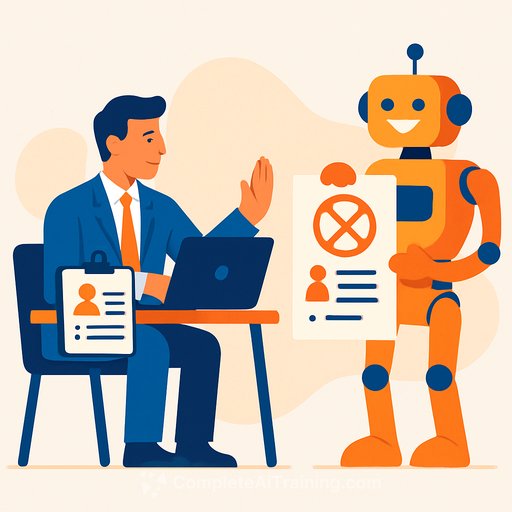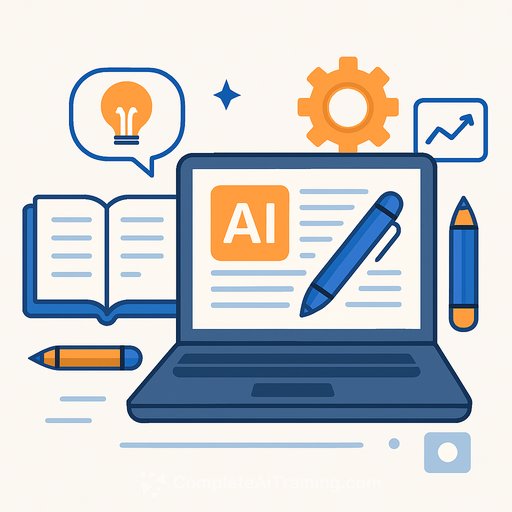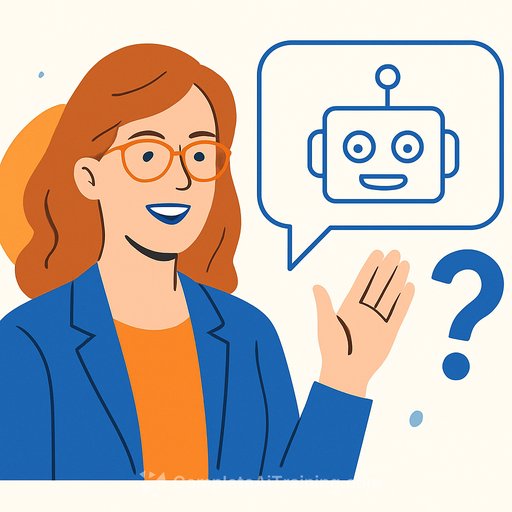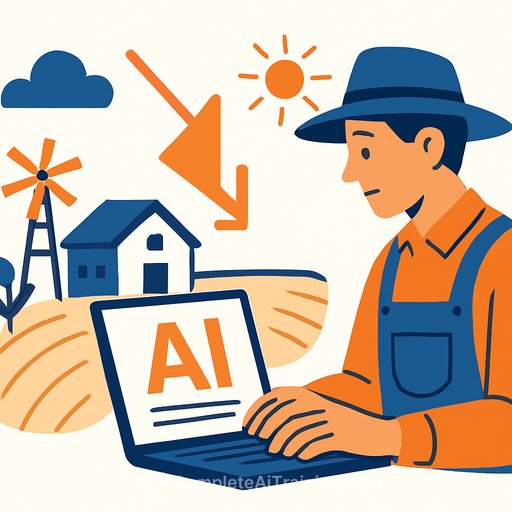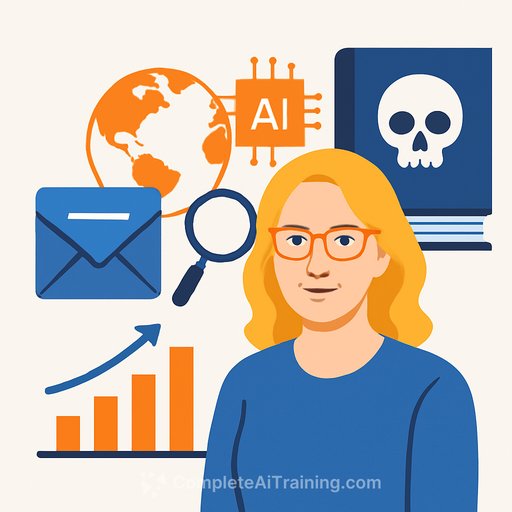Think AI Can Write Your Job Application Now? Think Again
No one enjoys writing job applications. Detailing your achievements and skills can feel tedious, leading many candidates to lean on AI tools like ChatGPT for help. While these tools make it easier to apply for multiple roles quickly, they’re flooding the market with generic CVs, making it harder for employers to spot genuine talent.
AI-written applications often lack that human touch recruiters want. Sydney-based cybersecurity recruiter Simon Mooney points out that certain buzzwords—like “spearheaded”—are popping up everywhere, yet rarely in actual conversations or interviews. “I’m more interested when a profile clearly reflects the person behind it,” he says. Authenticity shines through when outcomes feel personal and the language sounds human.
Why Employers Are Wary of AI-Generated Applications
Recruitment agency Hays found that about 20% of applications for advertised roles show clear signs of AI authorship. Common giveaways include American spelling in Australian job applications, overly generic phrases about “exceptional performance,” and vague descriptions that don’t connect to the candidate’s real experience.
Matthew Dickason, head of Hays Asia Pacific, explains the issue: “The system is overloaded by volume rather than value. Candidates aren’t investing enough time in quality applications tailored to specific roles. This leads to a lack of authenticity and makes it harder for employers to find the right fit.”
Despite applying to more jobs, many candidates report fewer responses. The flood of AI-generated applications is creating frustration on both ends of the hiring process.
The Rise of AI in Interviews—and How Employers Are Responding
Some candidates in the US are even creating AI avatars to attend video interviews. This has employers asking applicants to perform simple actions—like putting their hands in front of their faces—to prove they’re real, since bots can’t mimic such gestures convincingly.
To combat AI misuse, recruiters are reintroducing friction in the application process. This includes asking candidates to submit videos explaining their interest in the role, a step that’s difficult for AI to fake. “We spent years simplifying applications, but now we’re adding steps that only humans can complete,” says Dickason.
How to Use AI Wisely When Applying for Jobs
Using AI to help write applications isn’t off-limits, but rely on it as a starting point—not a final draft. Customize every application to the role, focusing on accuracy and relevance. Highlight your human skills like collaboration and teamwork, which AI often misses but employers value highly.
Keep in mind, recruiters can run CVs through AI detection tools to check if they’ve been generated by AI. Authenticity matters more than ever.
Telltale Signs That AI Wrote Your CV (According to Hays)
- Icons inserted around bullet points that don’t fit the style
- American English spelling instead of local conventions
- Generic descriptions of job roles without specifics
- Little or no detail on what the candidate uniquely brings to the position
- Obvious lack of proofreading and personal touches
For anyone wanting to sharpen their AI skills while keeping their work authentic, exploring AI courses can be a smart move. Learning how to blend AI assistance with your personal voice can make your applications stand out for the right reasons.
Your membership also unlocks:

